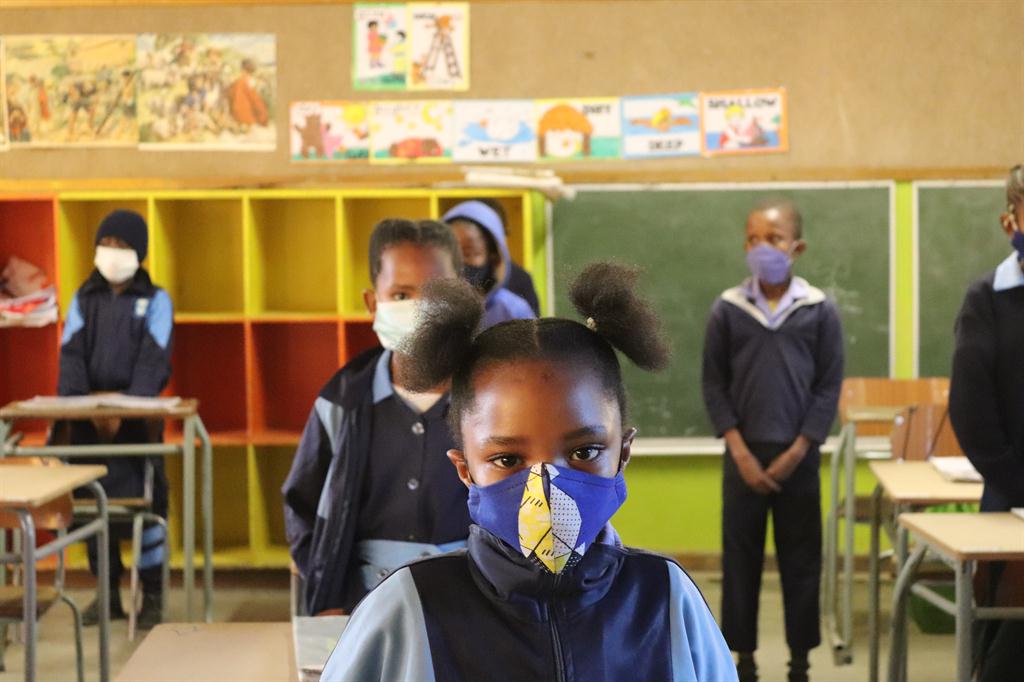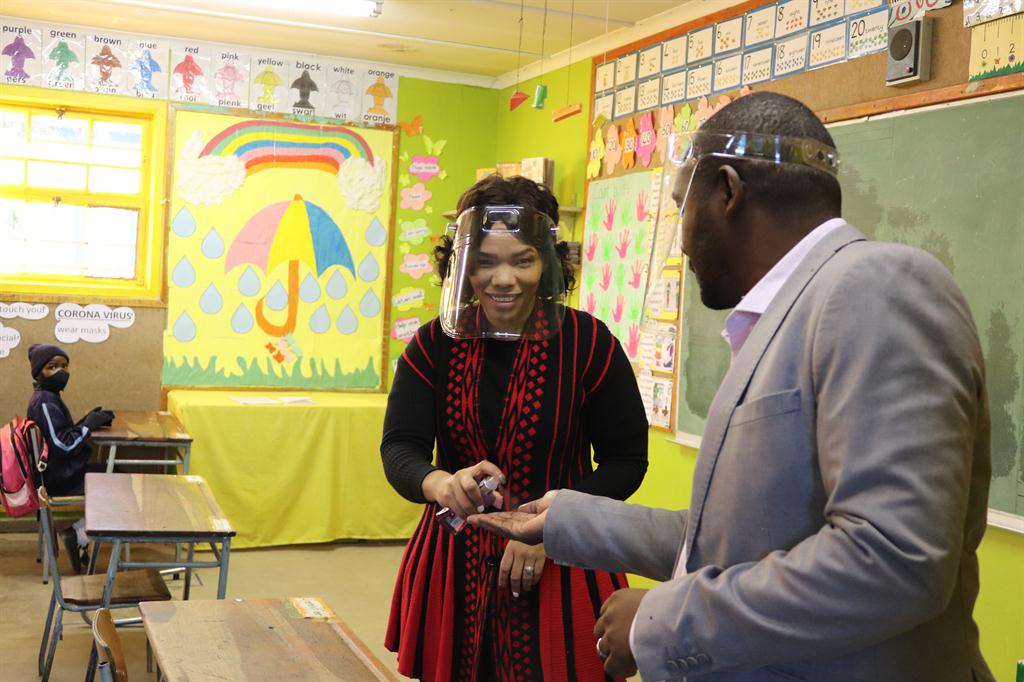School readiness and safety of learners
‘Catch-Up’ programme available for learners who missed out
Enzo Amuele
Windhoek
School readiness and safety of the learners has been a concern for parents and learners due to the rising cases of Covid-19.
A panel discussion was held to address the topic and to ensure the public that the ministry of education, arts and culture is ready to accommodate learners at schools.
According to the ministry, the guidelines and protocols that have been in place since last year will be enforced to ensure the safety of learners and teachers.
A budget allocation of at least N$56 million has been set aside to be distributed to schools to ensure that liquid soap and hand sanitiser are procured.
The ministry has also managed to address water problems with the rural water supply department in the ministry of agriculture, water and forestry.
School readiness programme
The ministry has put a catch-up programme for first--graders who missed out last year to get them school ready.
The deputy executive director of formal education, Edda Bohn, says the catch-up programme will be available for all grades up to junior secondary to make up for the time that teachers were out of contact with the learners.
“Even if learners have not been able to secure a place in pre-primary the previous year, they are entitled to enter into grade one. They will be put through a four- to eight-week school readiness programme,” she says.
Rural areas and E-learning
According to the ministry, just over 70% of schools have electricity and telecommunication equipment. The ministry has a plan for rolling out computer equipment and connectivity to senior secondary schools.
The executive director of education, Sanet Steenkamp, explains that for all the other schools like junior secondary, senior secondary and junior primary, the most suitable contextual model will be followed.
According to Steenkamp, the ministry will exploit the modalities that were used last year already, such as support through printed material and blended approach where electronic media is involved.
“Further printed material will be rolled out as the ministry is aware that it is the most suitable way to educate the Namibian child,” she adds.
Steenkamp further says that the ministry will concentrate on teachers having communication devices to make it easier for both the learners and teachers.
A total of 14 300 learners last year made use of the learning from home platform and 15 350 learners never physically returned to school.
Windhoek
School readiness and safety of the learners has been a concern for parents and learners due to the rising cases of Covid-19.
A panel discussion was held to address the topic and to ensure the public that the ministry of education, arts and culture is ready to accommodate learners at schools.
According to the ministry, the guidelines and protocols that have been in place since last year will be enforced to ensure the safety of learners and teachers.
A budget allocation of at least N$56 million has been set aside to be distributed to schools to ensure that liquid soap and hand sanitiser are procured.
The ministry has also managed to address water problems with the rural water supply department in the ministry of agriculture, water and forestry.
School readiness programme
The ministry has put a catch-up programme for first--graders who missed out last year to get them school ready.
The deputy executive director of formal education, Edda Bohn, says the catch-up programme will be available for all grades up to junior secondary to make up for the time that teachers were out of contact with the learners.
“Even if learners have not been able to secure a place in pre-primary the previous year, they are entitled to enter into grade one. They will be put through a four- to eight-week school readiness programme,” she says.
Rural areas and E-learning
According to the ministry, just over 70% of schools have electricity and telecommunication equipment. The ministry has a plan for rolling out computer equipment and connectivity to senior secondary schools.
The executive director of education, Sanet Steenkamp, explains that for all the other schools like junior secondary, senior secondary and junior primary, the most suitable contextual model will be followed.
According to Steenkamp, the ministry will exploit the modalities that were used last year already, such as support through printed material and blended approach where electronic media is involved.
“Further printed material will be rolled out as the ministry is aware that it is the most suitable way to educate the Namibian child,” she adds.
Steenkamp further says that the ministry will concentrate on teachers having communication devices to make it easier for both the learners and teachers.
A total of 14 300 learners last year made use of the learning from home platform and 15 350 learners never physically returned to school.









Comments
Namibian Sun
No comments have been left on this article